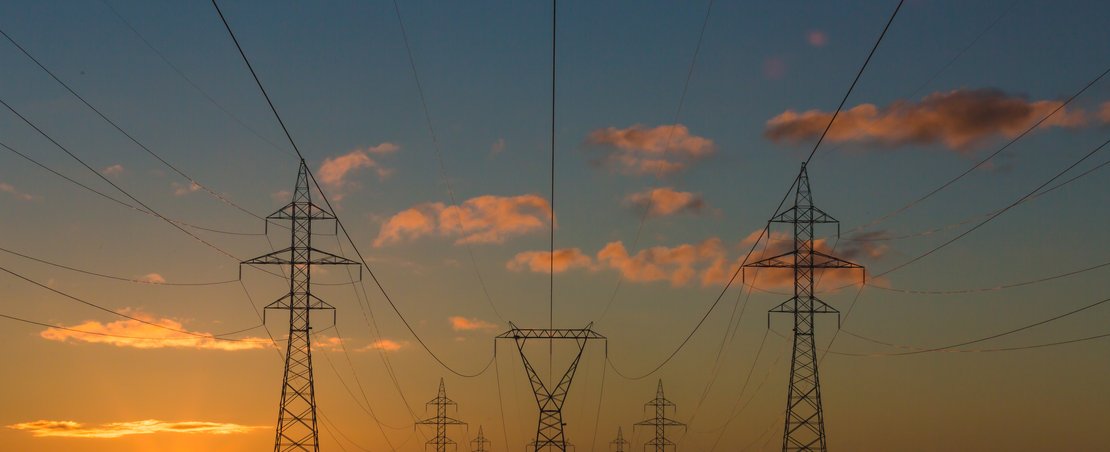
This report was produced as part of our research project funded by the Data Communications Company (DCC). In the report, we discuss the importance of smart meter system data and improving access to that data to further the goals of the wider UK energy sector. It brings together analysis of the opportunities and challenges around improving access to that data, based on findings from two workshops we held with key stakeholders from across the ecosystem. It ends with recommendations for DCC and other people and organisations in the ecosystem.
DCC – a licensed monopoly set up to design, deliver and manage the smart meter system in Great Britain – is currently exploring a data access initiative to improve access to smart meter system data. Similar programmes exist across the energy sector already. Open Energy, supported by Ofgem and the Department for Business, Energy and Industrial Strategy (BEIS), seeks to improve data access in the sector through open data standards for data sharing. The Smart Data initiative, also from BEIS, is aimed at improving data portability across sectors to provide tangible benefits to customers and wider society.
In its discussion paper, ‘Data for good’, DCC proposes that organisations should work together to improve access to smart meter ‘system data’ – effectively the metadata about the typical transactional data we think of when imagining the smart meter data ecosystem. The initiative would aim to increase the ability to analyse and use data about the smart meter system, and combine it with data from other organisations, to address some of the big challenges facing the UK, such as reaching net zero, reducing fuel poverty and enabling health benefits.
To support this initiative, we conducted two workshops to explore the opportunities and barriers facing improving access to system data in the smart meter data ecosystem. Across both workshops, the main focuses for improving data access in the smart meter space were clear: achieving net zero and local decarbonisation; addressing consumer vulnerability and fuel poverty; and optimising efficiency and reducing costs around domestic energy and bills.
However, there are challenges to achieving these goals. Participants identified that proper safeguards to security and privacy were needed, as well as strong mechanisms around consent, progress monitoring and redress. Ensuring that risks are mitigated as much as possible is crucial to building a trustworthy data ecosystem.
As this ecosystem grows and connects with the wider Open Energy ecosystem, opportunities to improve access to smart meter message content data in secure and privacy preserving ways will develop. These opportunities can create additional value for stakeholder across the ecosystem and beyond, but come with a greater need for safeguards in order to mitigate any potential harms.
The energy sector is a complex space, and becoming more so with the trends towards digitalisation, datafication and increased collaboration with people and organisations outside the energy sector. But organisations like DCC are part of a data ecosystem comprising people, organisations and initiatives pushing towards similar goals, and initiatives in other industries can help them and their partners understand what works best and what should be avoided.
Importantly, DCC should embark on this journey in an open, transparent and collaborative way so that it builds trust, understands how best to mitigate risks and ensure benefits reach as many stakeholder groups as possible.